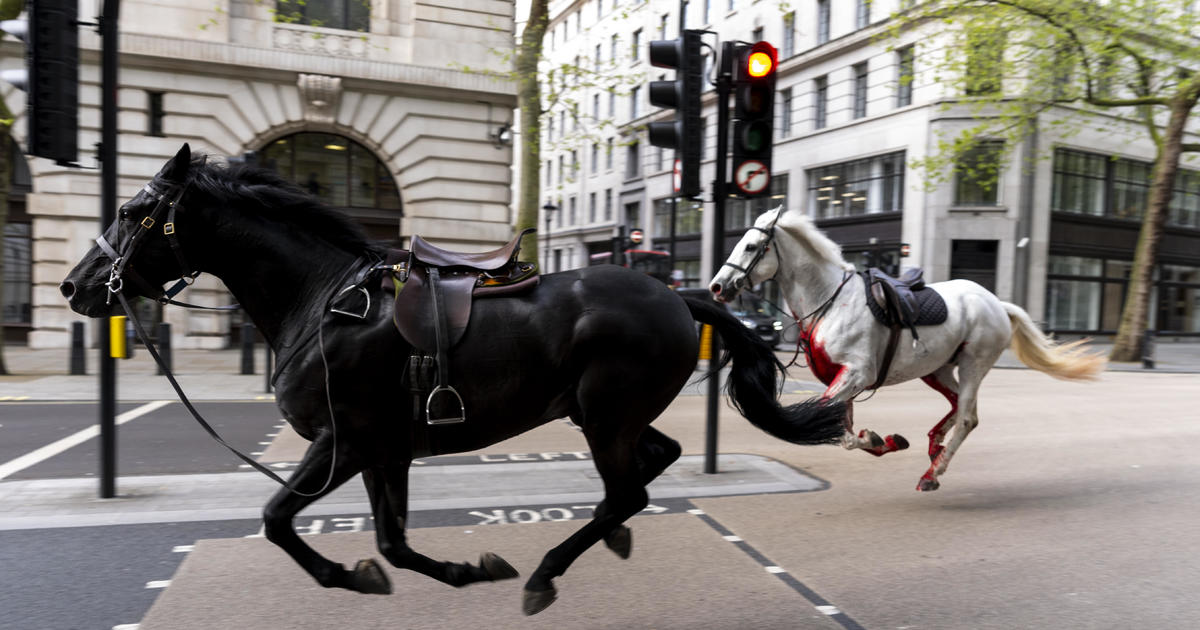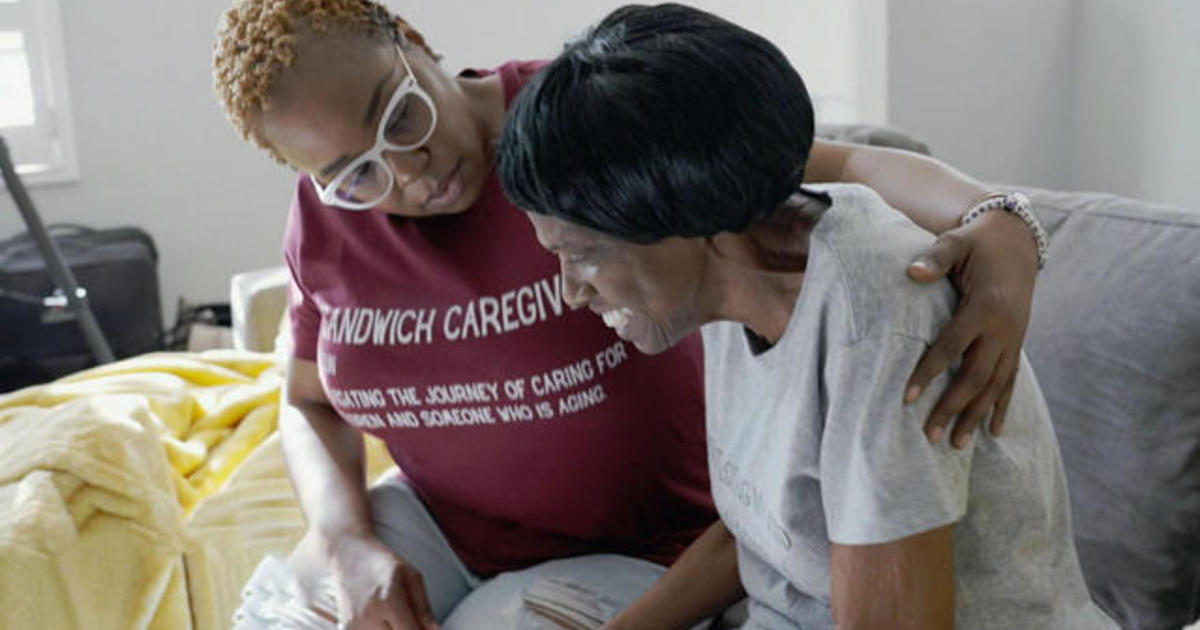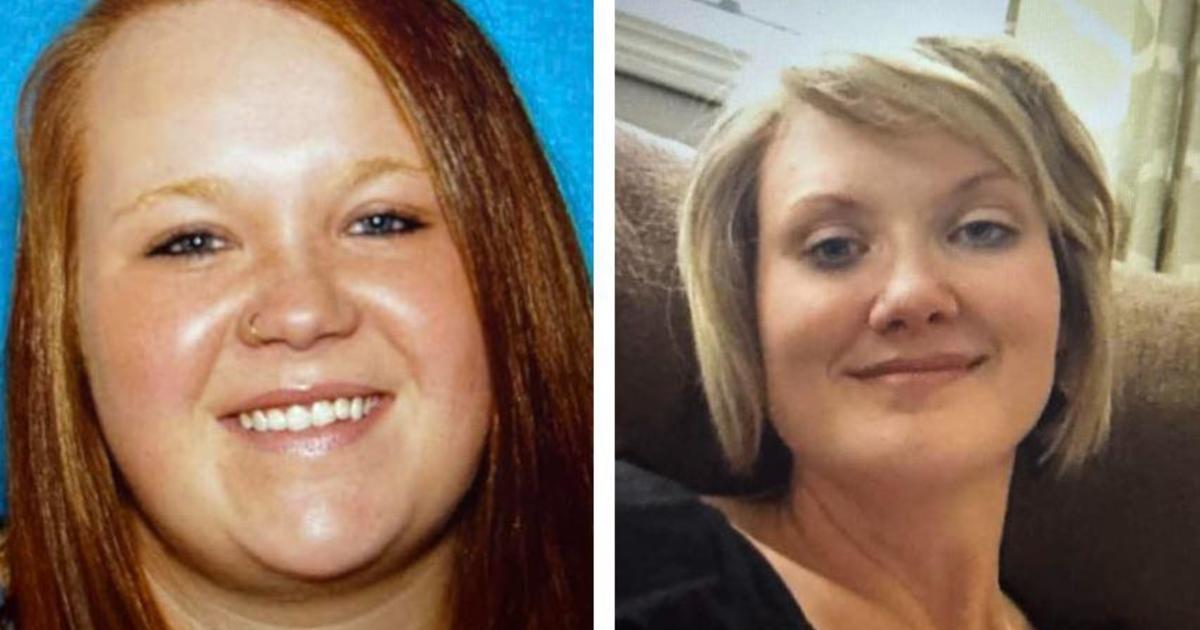California Governor Gavin Newsom warns "fatigue" could unravel state's coronavirus measures
California Governor Gavin Newsom fears "fatigue" with current social distancing guidelines and state precautions could unravel efforts to slow the coronavirus pandemic's spread. The state was one of the first to enact strict measures, and Newsom credits early action on the part of his government for keeping the number of confirmed cases lower than some other states on the East Coast.
"I worry that people say 'You know what, we got this. Let's have that birthday party and let's mix some of the extended cousins together.' If we do that too soon, we're in trouble," he told CBS News' Anna Werner.
Newsom compared people succumbing to fatigue over the state's guidelines to "being in a parachute, and cutting the cord before you land."
"No one in their right mind would do that," he said.
California's government moved to lock down the San Francisco Bay Area on March 17, and the entire state days later. Newsom admitted it was too early to judge the data coming in, although he was hopeful that the moves bought valuable time to get ahead of the pandemic.
"Time is everything," he said. "Every hour, every minute of every hour, every day is a day we're never going to get back."
What that time bought him, according to Newsom, was a chance to bring in more equipment and more medical personnel.
"Every single day is the opportunity to save lives and so that's what we have bought here in California, and that's what I'm currently focused on, not the models. I want to prepare for the worst," he explained.
The extra equipment and personnel are much-needed in California, where nurses across the state are protesting a shortage of protective gear. In Los Angeles, which has not yet seen the worst of the crisis, Mayor Eric Garcetti is preparing residents for a way of life that may last some time.
"This could last at least two months, maybe a third. And remember, there's not just a light switch that goes on and life comes back to normal," Garcetti said.



